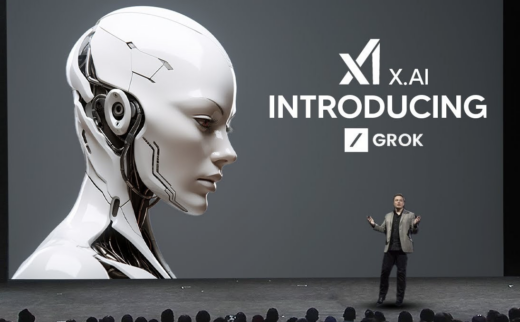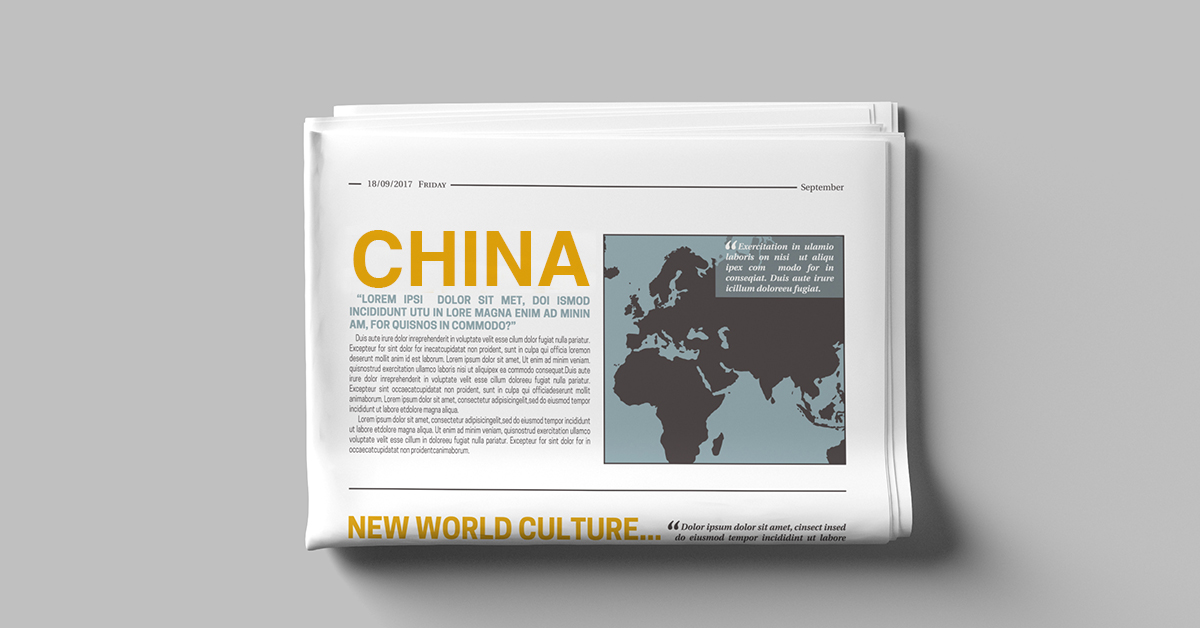U.S. Blacklists Sophgo for Links to Huawei’s AI Ambitions
The Biden administration plans to blacklist Chinese firm Sophgo for its alleged role in Huawei’s AI chip development using Taiwan’s TSMC-made components. Sophgo’s chip was found embedded in Huawei’s Ascend 910B, sparking national security concerns. As part of Huawei’s “shadow network,” Sophgo faces restrictions on U.S. technology exports. The move follows a broader U.S. effort to curtail Chinese advancements in AI and surveillance, including bans on TSMC shipments to Huawei. Despite prior sanctions, Huawei remains central to China’s AI-chip push, planning mass production of its advanced Ascend 910C by 2025.
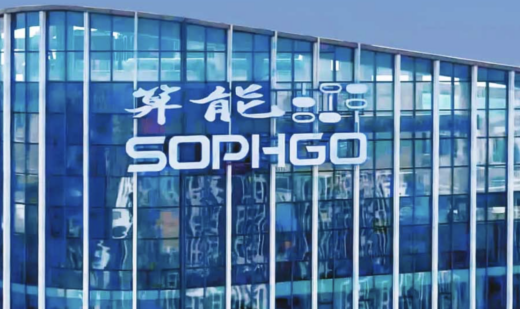
DeepSeek’s V3 AI Model is Redefining Performance Standards
Chinese AI firm DeepSeek has unveiled DeepSeek V3, a groundbreaking model setting new benchmarks in AI performance. Licensed for modification and commercial use, it surpasses competitors like Meta’s Llama 3.1 and OpenAI’s GPT-4 in coding, translation, and content generation tasks. Featuring 671 billion parameters and trained on 14.8 trillion tokens, the model showcases remarkable efficiency, developed in just two months at a cost of $5.5 million.
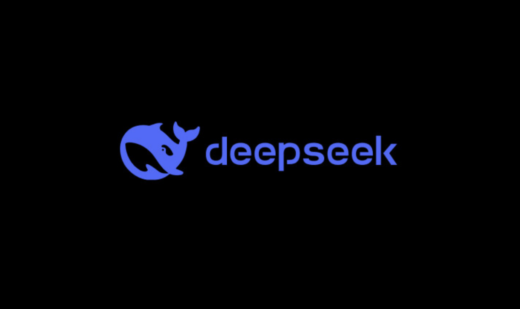
WuXi AppTec Divests Cell & Gene Therapy Unit Amid U.S. Restrictions
China’s WuXi AppTec has sold its cell and gene therapy manufacturing arm, WuXi Advanced Therapies, along with UK-based Oxford Genetics, to U.S. private equity firm Altaris LLC for an undisclosed amount. This move comes as U.S. lawmakers tighten restrictions on Chinese firms over national security concerns, including bans on federal contracts with targeted entities. These laws aim to protect Americans’ genetic data and reduce U.S. reliance on China. WuXi AppTec’s divestment highlights the growing challenges Chinese firms face in maintaining operations under heightened scrutiny in the U.S.
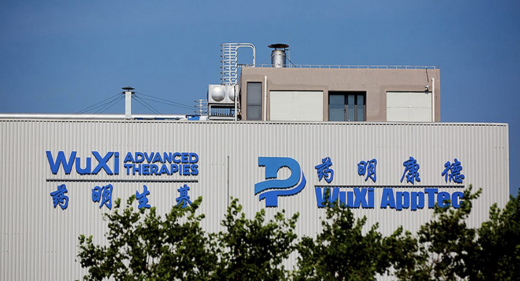
Meta Plans AI-Powered Social Media Characters to Generate and Share Content
Meta is rolling out AI-powered characters on Instagram and Facebook, designed to generate and share content alongside user accounts. These virtual personas, complete with bios and profile pictures, are part of Meta’s growing generative AI tools. Since July, users have created hundreds of thousands of AI characters, with plans to expand globally. While concerns about misinformation persist, Meta enforces clear labeling of AI content. These developments follow the launch of 28 AI personas, blending entertainment with enhanced search and recommendation functionalities.
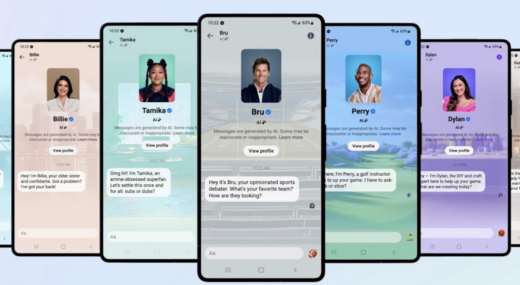
Trump Urges Supreme Court to Pause TikTok Ban for Political Resolution
Databricks has reached a staggering $62 billion valuation after raising $10 billion in one of the largest venture capital rounds ever. Led by Thrive Capital, the round saw participation from major investors like Andreessen Horowitz, GIC, and ICONIQ Growth. CEO Ali Ghodsi described the funding as “substantially oversubscribed,” reflecting the growing demand for AI-driven innovations. The company, which serves 10,000 customers, including Block, Comcast, and Shell, plans to use the funds for AI product development, acquisitions, and stock buybacks for employees.
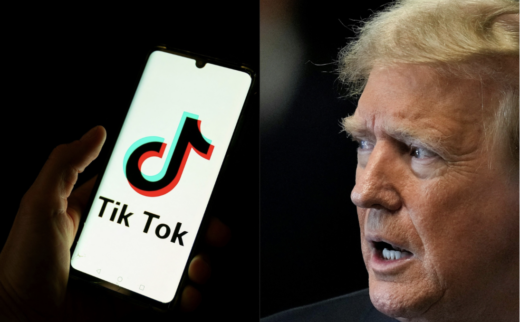
Iran Lifts Ban on WhatsApp and Google Play in Move to Ease Internet Restrictions
Iranian authorities have lifted the ban on WhatsApp and Google Play, signaling a step toward reducing its stringent internet restrictions, according to state media. President Masoud Pezeshkian and government officials reached a majority vote to ease access to the platforms. Iran, known for its tight internet controls, often sees its restrictions bypassed by tech-savvy citizens using VPNs. This development could mark the beginning of broader changes.
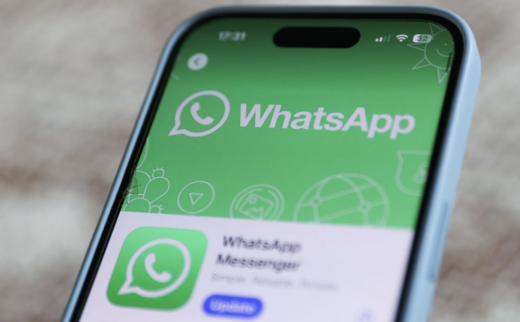
xAI Raises $6 Billion, Doubling Valuation to $45 Billion
Elon Musk’s xAI secured $6 billion in Series C funding, doubling its valuation to $45 billion. Key investors include Blackrock, Andreessen Horowitz, and Kingdom Holdings, which contributed $400 million. xAI’s flagship model, Grok, powers features on X (formerly Twitter) and a new standalone app. The company also integrated Grok with its image generation model, Aurora, and rolled out APIs for third-party developers. Musk credits X’s data as a competitive advantage, though legal battles with OpenAI continue. xAI plans further expansion, training its next-gen models with 100,000 Nvidia GPUs in a Memphis data center.
